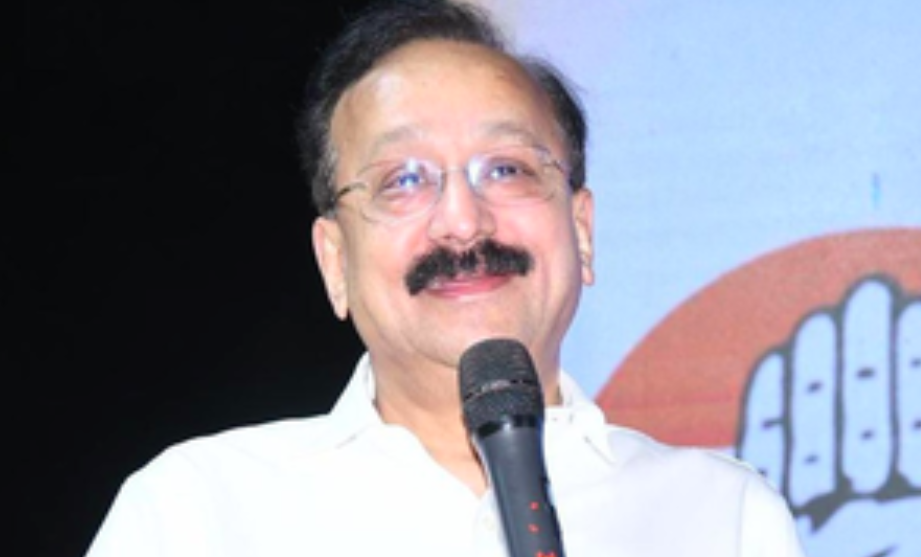- In May 2013[1], the then Chairman of the Empowered Committee of State Finance Ministers on GST Sushil Kumar Modi revealed that “Even Congress ruled states like Haryana and Maharashtra are opposed to it (GST) fearing loss of revenue,”
- In July 2013[2] it was reported that 3 Non-BJP states had opposed a provision in the GST Bill. Which were these 3 states? Non-BJP ruled Tamil Nadu. Non-BJP ruled Odisha. And Congress ruled Maharashtra! So if this GST bill was opposed only on political grounds, why did Congress’s own state Maharashtra oppose it then?
- In October 2013[3] also, a report in The Hindu quoted the Jammu and Kashmir Finance Minister (who also served as GST Empowered Committee Chairman) as saying, “Most of the states…majority of the states have opposed bringing petroleum products and liquor in GST framework.They want to keep (the two items) out of GST”.
Also Read, WELCOME TO THE ERA OF GST..!!
So it is clear that even in the last one year of UPA, at least 5 Non-BJP states had voiced their opposition to the UPA’s GST bill, and out of these, 3 states were Congress ruled states. So why is Indian MSM crying hoarse that only BJP had opposed GST? Isn’t it clear that BJP and Non-BJP states i.e. most states in India were opposed to UPA’s GST bill?
Now, till the last discussion of GST under UPA in November 2013, the states had some major demands:
1. Keeping Petroleum out of GST ambit
2. Keeping Alcohol out of GST ambit
3. Some sort of guarantee from Centre for potential revenue loss
The rationale behind these demands is quite understandable. GST wipes out most state-level indirect taxes, thus taking out one the major source of revenues for states. To have at least some financial independence in their hands, States asked for items like petroleum and alcohol (which have huge sales) to be kept out of GST.
How did the new NDA Government achieve consensus in less than 10 months, when UPA couldn’t do it in 10 years? They agreed to the demands of the states. Out of the above 4 demands, 3 were accepted, and a bonus benefit was passed on to the state:
1. Petroleum was kept out of GST
2. Alcohol was kept out of GST
3. A proposal was sent to law ministry to work out a “Constitutional Guarantee” to compensate states
This is why BJP states, which were opposing the old GST bill, along with Non-BJP states, are now agreeing to the NDA’s GST bill, because their concerns have been addressed.
























